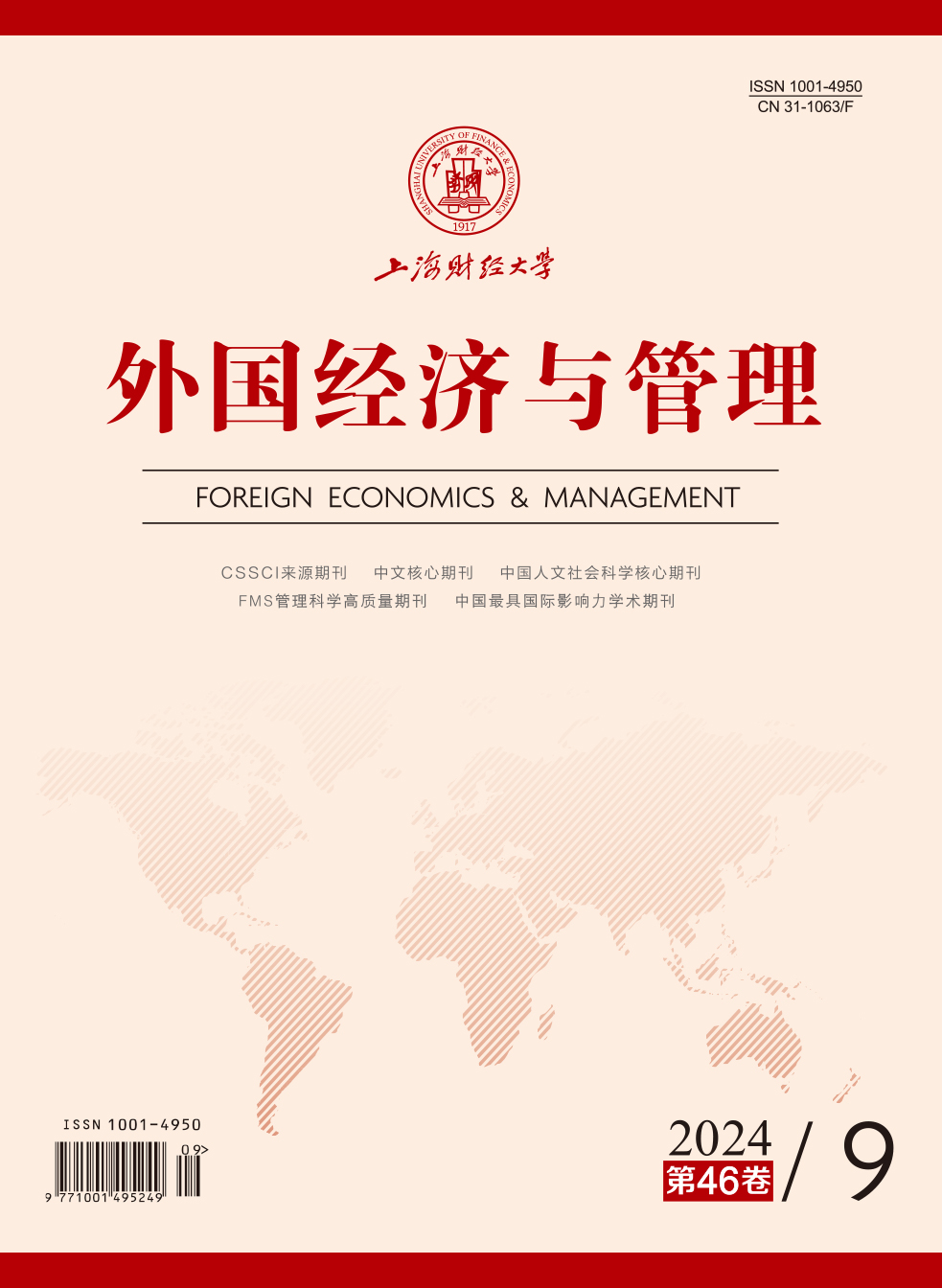Employment is the foundation of people’s livelihoods. Currently, there is significant employment pressure in the Chinese society. This paper examines the impact of controlling shareholder share pledging on the social welfare from the perspective of employment. Using the sample of A-share listed companies from 2007 to 2019 in China, the study finds that controlling shareholder share pledging is negatively associated with the employment level. It is also found that the negative association is stronger in enterprises experiencing an expropriation of controlling shareholders’ funds and enterprises facing higher labor costs due to overemployment. Furthermore, the baseline findings are stronger in non-state-owned enterprises, small enterprises, enterprises with higher financial constraints, and enterprises with smaller controlling shareholder ownership. Further analysis shows that the employment scale of both higher and lower education groups shrinks due to controlling shareholder share pledging. Additionally, the decline is more pronounced when controlling shareholders pledge stocks for loans directed towards off-market projects. Therefore, implementing appropriate restrictions on controlling shareholder share pledging may contribute to the effectiveness of the policy of “ensuring stability in employment”.
 / Journals / Foreign Economics & Management
/ Journals / Foreign Economics & ManagementForeign Economics & Management
JIN Yuying, Editor-in-Chief
ZhengChunrong, Vice Executive Editor-in-Chief
YinHuifang HeXiaogang LiuJianguo, Vice Editor-in-Chief
Disappearing Jobs: The Labor Market Consequence of Controlling Shareholder Share Pledging
Foreign Economics & Management Vol. 46, Issue 09, pp. 31 - 47 (2024) DOI:10.16538/j.cnki.fem.20240209.202
Summary
References
Summary
Cite this article
Li Ruitao, Li Chuanxian, Guo Shijun. Disappearing Jobs: The Labor Market Consequence of Controlling Shareholder Share Pledging[J]. Foreign Economics & Management, 2024, 46(9): 31-47.
Export Citations as:
For
ISSUE COVER
RELATED ARTICLES




 5111
5111  7591
7591

